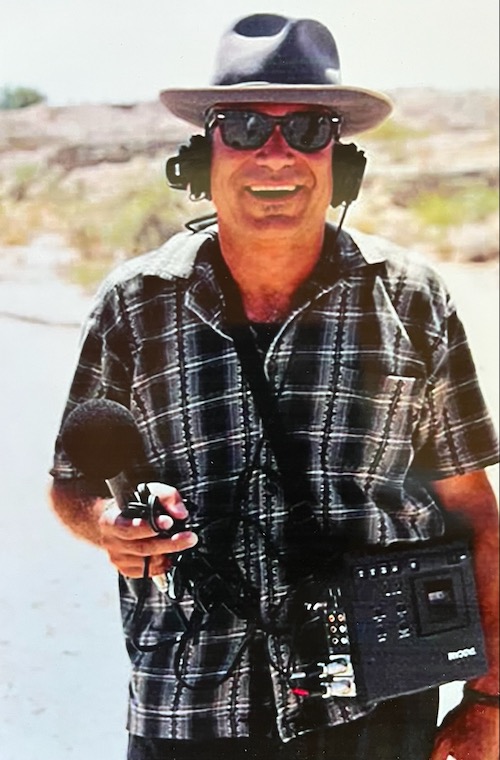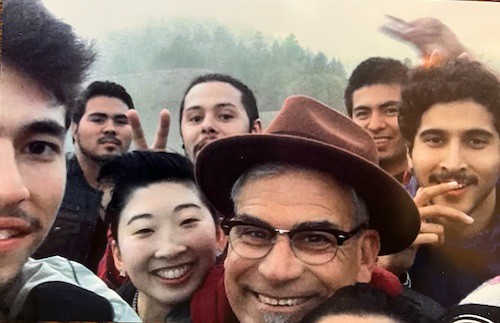Philip M. Klasky Climate Justice Scholarship
Philip M. Klasky (November 20, 1953 – April 12, 2022) was a beloved teacher, a lifelong activist, and an alumnus of San Francisco State University. He received his bachelor’s degree in environmental studies in 1994 and his master’s degree in geography and human environmental studies in 1997 from San Francisco State. As a graduate student, he was directly involved in the establishment of the Department of Environmental Studies.

Phil, as he was also known, was a faculty member in American Indian Studies and Race and Resistance Studies at SF State from 2003 to 2020. He served for more than eleven years as the director of the Ethnic Studies Student Resource and Empowerment Center, was faculty advisor for Students for Quality Education and the Student Kouncil of Intertribal Nations, and was one of the New Leader Scholarship’s longest-serving mentors. He also designed a popular course on “Race, Activism and Climate Justice.”
In 2010, Phil worked closely with students and tribal organizations to create a multimedia exhibit about the historic American Indian occupation of Alcatraz Island entitled “We are Still Here.” The exhibit is permanently displayed on Alcatraz. He also served on the Native American student center mural committee.
Prior to SF State, Phil was the founding director of The Storyscape Project of The Cultural Conservancy (TCC), which has repatriated more than 600 legacy recordings of endangered languages to US tribes. The Storyscape Project grew out of his involvement in the successful campaign to stop the proposed nuclear waste dump at Ward Valley, land sacred to the five Colorado River Indian Tribes. Phil worked with Fort Mojave tribal leader Lewellyn Barrackman to preserve audio recordings of the Mojave Creation Songs, which featured references to Ward Valley as land central to the tribe’s culture, and he led litigation resulting in the designation of 6.5 million acres of critical habitat for the endangered desert tortoise, which included Ward Valley.
Phil enjoyed working in his garden and the gardens of loved ones. He embraced nature and loved to hike in the hills of Marin, kayak in Northern California rivers, and climb the rocks of Joshua Tree.
He is remembered for his beautiful smile and joyous spirit. He is survived by his wife, Catherine Powell, sisters Ilene Avery Marwick and Nancy Klasky Gribler, his niece, and a wide circle of friends.
Catherine Powell and Ilene Avery Marwick established the Philip M. Klasky Climate Justice Scholarship in memory of Philip M. Klasky to continue his legacy of supporting student activists who have a commitment to climate justice and community involvement.

Phil Klasky with a group of students.